AI appreciation day: 5 major moments involving AI
The field of artificial intelligence has been in existence since 1956 when the science was officially recognized. Throughout the decades, we have progressively seen its usage in machine learning, analytics, big data, deep learning methods, and eventually in large language models.
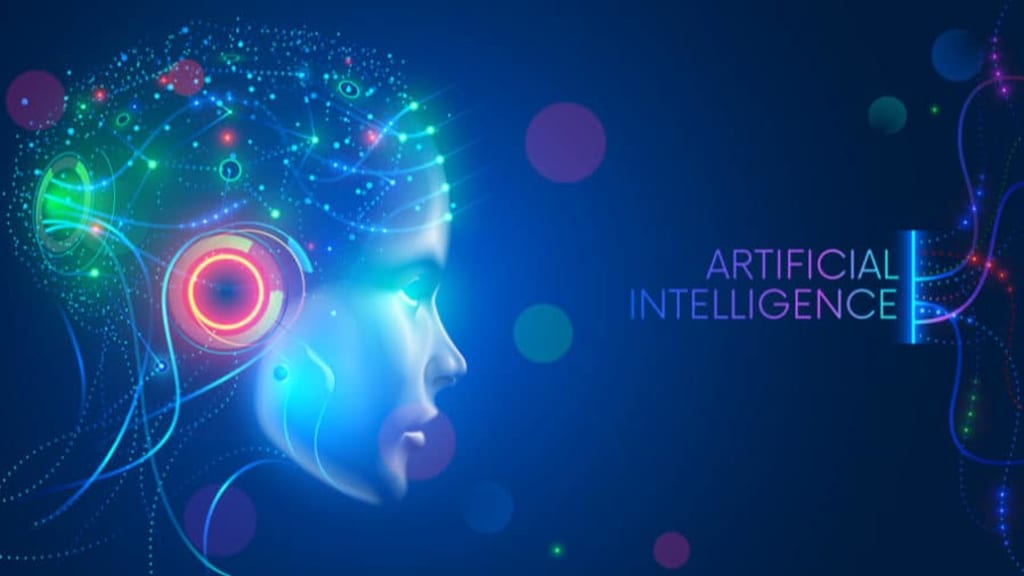
While many of us grew familiar with AI through the rise of generative AI, we have been using it every time we Google something, use a modern smartphone, or go to a social media platform. However, it cannot be denied that in 2023, AI has seen a massive surge in technological breakthroughs virtually entering every facet of our lives. On this AI appreciation day, we take a look at 5 times when AI dominated the headlines in 2023.
OpenAI launches GPT-4
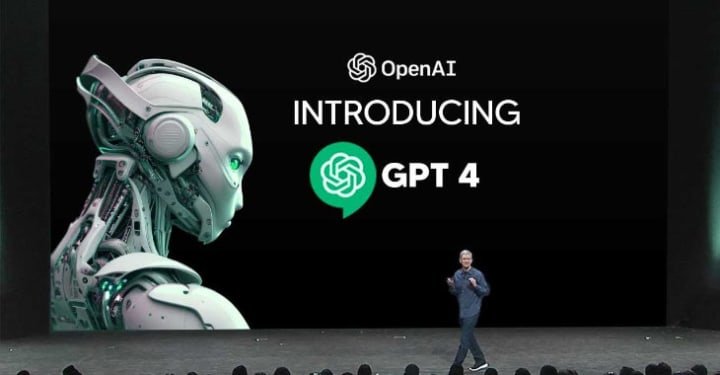
OpenAI won the AI race in 2022 after releasing the one-of-its-kind generative AI chatbot ChatGPT, which was based on GPT-3 model (and later GPT-3.5). And while many of us thought that was the peak for this large language model (LLM) for at least a few years, OpenAI startled everyone by announcing the launch of GPT-4 in March 2023.
While GPT-4 was not a new language model, it did massively expand both the data set for training as well as capabilities of AI. While GPT-3 supported 175 billion parameters, GPT-4 took it to 100 trillion. Similarly, it also boosted its capabilities from text-only to text and image. It also expanded its word-generating limit from a mere 2000 words to 25,000 words
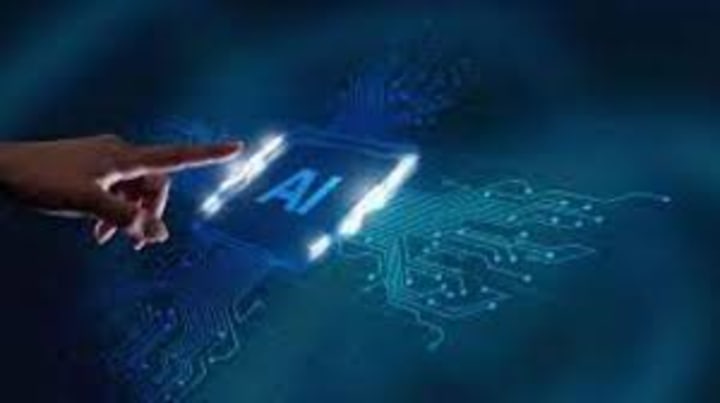
OpenAI also claimed that the new model added more creative and collaborative capabilities to the AI being trained on this model than ever. And it soon began proving its merit. According to claims by the company, GPT-4 performed at the 90th percentile on a simulated bar exam, it achieved the 93rd percentile on a SAT reading exam, and it even managed the 89th percentile on the SAT Math exam.
Microsoft announces AI-powered copilots
On May 23, at the Microsoft Build event, the company announced a wide range of AI-powered assistive tools for its existing products and called it ?copilots'. Turns out copilots are essentially generative AI tools that were designed to perform a set of tasks at high precision and speed.
Of course, to highlight the importance of this moment, we have to go back to February 7, when Microsoft announced its collaboration with OpenAI, where the former will get exclusive access to OpenAI's GPT models. Of course, to make it happen, Microsoft had to first make a hefty $10 billion investment into the company first. But that collaboration allowed Microsoft to bring OpenAI's AI bots to its own ecosystem.
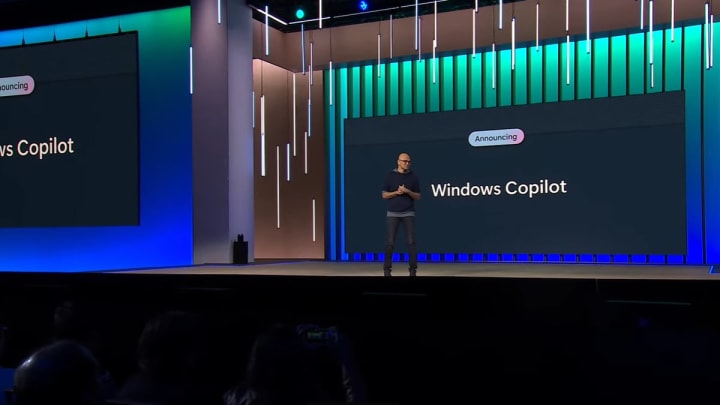
As a result, on May 23, the company decided to add AI powers to all its tools from the Bing browser, Microsoft Azure, Windows 11, Microsoft 365, Edge, and more. Now, those who avail these products can save their time on manual operations by simply delegating it to the AI tool. Have to write a boring email? Just prompt Gmail copilot and it will generate it for you. Need to build a seamless experience on Windows 11? The copilot is already trying to understand your preferences and is customizing it to your liking.
But the biggest announcement of the night was AI plugins that gave third-party developers access to Microsoft's AI platform to co-build new AI tools for a wide range of purposes. We have not yet heard a lot about what these can be, likely because they are still undergoing improvements, but the possibilities are endless.
Google joins the AI hype
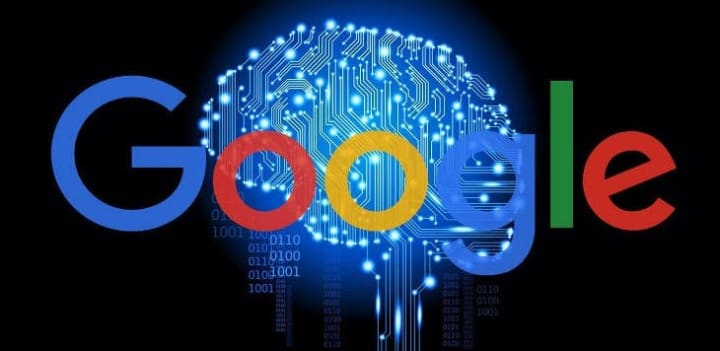
While many called it a premature move, Google couldn't possibly stay behind the curve when AI is in discussion. Shortly after Microsoft announced its AI chatbot on Bing, Google also announced its own chatbot called Bard. Bard became the third major chatbot on the internet and immediately turned eyeballs. And despite some early hiccups during the preview stage where it gave a wildly inaccurate response, Google has more than recovered from the blow and taken its own AI prowess to the next level.
At the Google I/O event on May 11, CEO Sundar Pichai announced a large-scale AI integration to its own existing tools, very similar to what Microsoft did. Google Search got its own chatbot, Google Photos got its own AI tool, an AI music-generating platform, and even Bard saw a boost in its capabilities and now can, not only respond in text, but also images.
But the highlight of the show was the introduction of PaLM 2, Google's in-house language model with improved multilingual, reasoning, and coding capabilities. Google said it was trained on more than 100 languages and was pre-trained on a large quantity of publicly available source code datasets.
The intention was clear. Google and Microsoft compete for a similar space when it comes to cloud-based services. Google Workspace rivals Microsoft 365, Microsoft Azure competes with Google Cloud and Microsoft Bing aims to steal Google Search users. With Microsoft using its OpenAI collaboration, Google had to bring out its own AI weapons to not lose its market position.
But interestingly, it has also set up the first-ever AI rivalry between the two companies. How it unravels will definitely be interesting to watch.
The entry of AI regulations
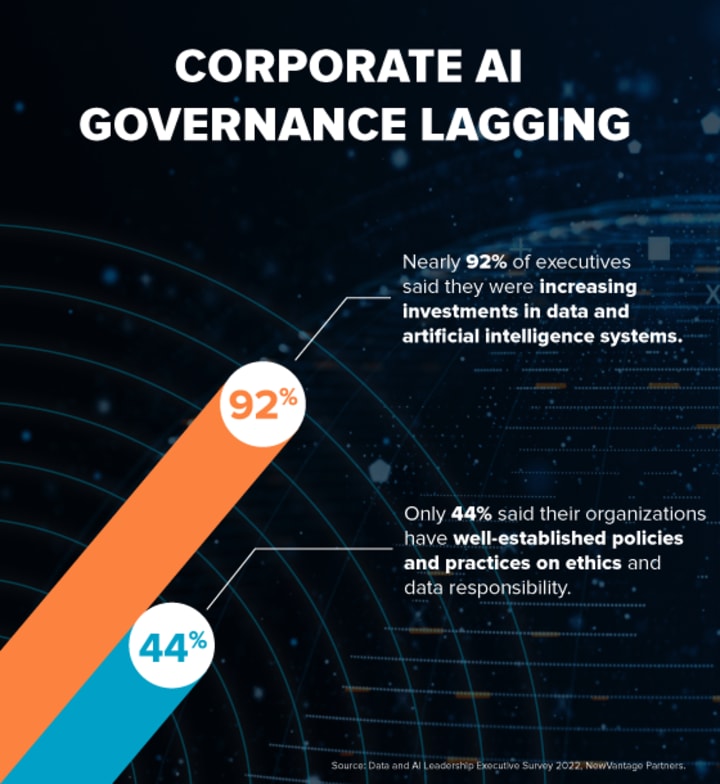
While the first three months were spent in the excitement of how fast and how vast the AI space can grow, the next three months were spent arguing over just how much of it would be stopped by regulations.
The concerns around AI had been raised ever since the turn of the year. Vocal critics included Tesla CEO Elon Musk, the Godfather of AI Geoffrey Hinton, and many AI researchers. The concern was clear ? AI was an unregulated space, and with unchecked growth, superintelligence could be achieved in a matter of years, and that would open a whole can of worms.
Job loss to the extinction of humanity were all invoked to gain the attention of the governments to step in and create regulations in this space. Governments were also concerned by yet another factor of AI. Training AI required a huge amount of data, and no company was willing to share exactly where the data was coming from. This put a big question mark on data privacy and data security of people.
The first to wake up to the cause was European Union. The bloc decided to revamp its existing AI act and make it far more comprehensive to add recent developments in the space. A couple of months later, the AI act was ready and corporations were not happy. Companies were asked to share where the data was collected from, among other restrictions and transparency policies.
As a result, hundreds of signatories including chief executives from companies such as Siemens, Renault, and Airbus as well as prominent individuals such as chief AI scientist at Meta, another 'godfather of AI', Yann LeCun and British chipmaker ARM's founder Hermann Hauser, wrote an open letter to EU expressing concerns that the move can kill competitiveness in the field and even force companies to exit the bloc. OpenAI's Sam Altman even clashed with the commissioner of the EU and threatened to ?cease to operate?.
This is still a developing situation, but it has brought some much-needed reality-check to corporations.
msAI
Probably the strangest AI moment in 2023 was when one of the biggest critics of AI, Elon Musk, announced that he was going to start his own AI company. Not much is known about this company at the moment apart from the fact that it will be involved in ?solving the mysteries of the universe? and that the chatbot coming from it will not be politically correct and will not shy away from the truth.
But the hidden sauce lies in the details. The company webpage explains its relationship with X Corp and states ?We are a separate company from X Corp, but will work closely with X (Twitter), Tesla, and other companies to make progress towards our mission?. Many feel that Musk wants to create his own AI ecosystem with Twitter, Tesla, likely SpaceX, and xAI to create AI-powered applications that can give a boost to all of his companies. Possibilities are again, endless. We can see a fully automatic Tesla running with the capabilities of AI. AI-powered Falcon 9 missions are also not beyond the scope of reality. And while Musk has famously announced its ?dick-pic bot', AI capabilities can both enrich Twitter as a social media platform and improve its moderation manyfold.
It is astounding to recall all the major events in the AI space that have taken place in 2023, and then the realization sets in that, there are still 5 and a half months to go!





Comments
There are no comments for this story
Be the first to respond and start the conversation.